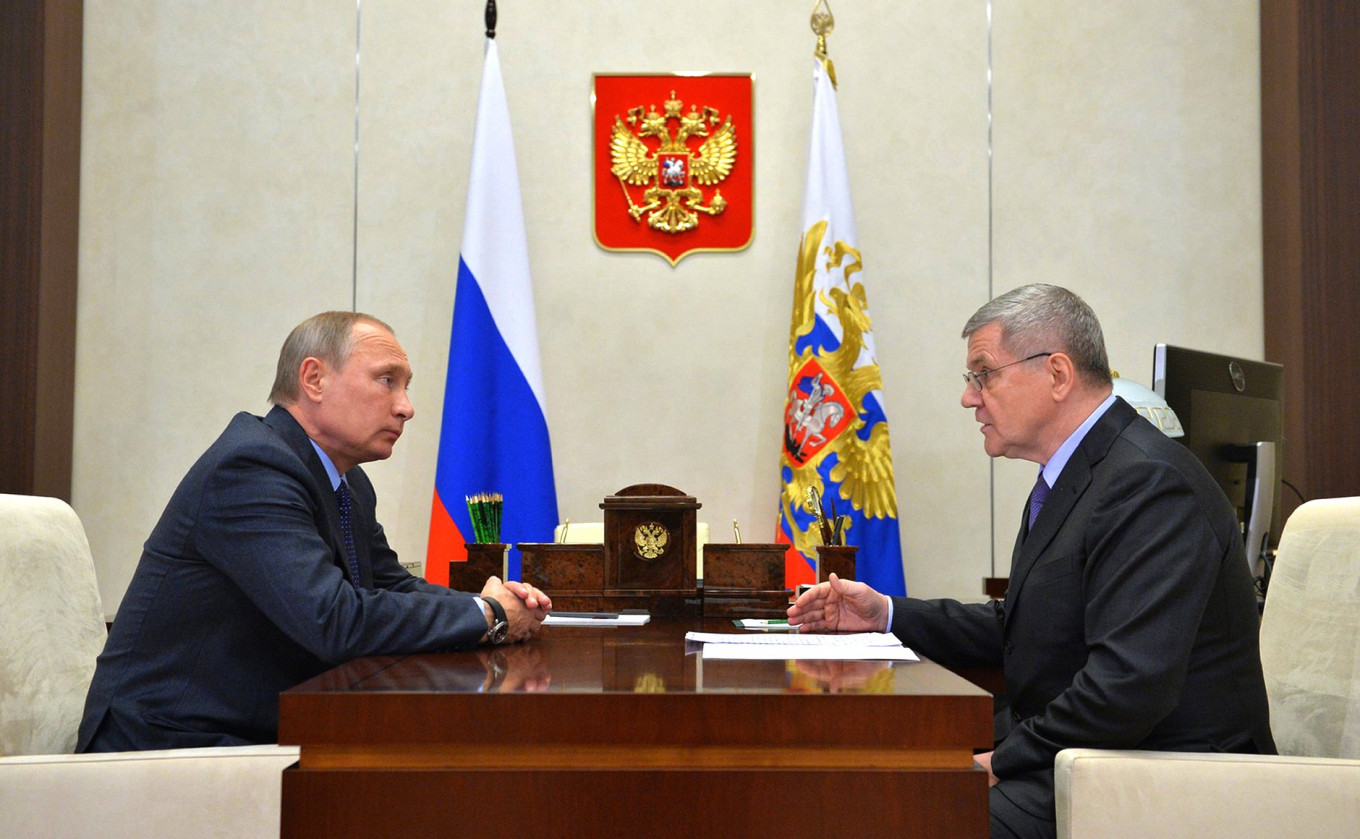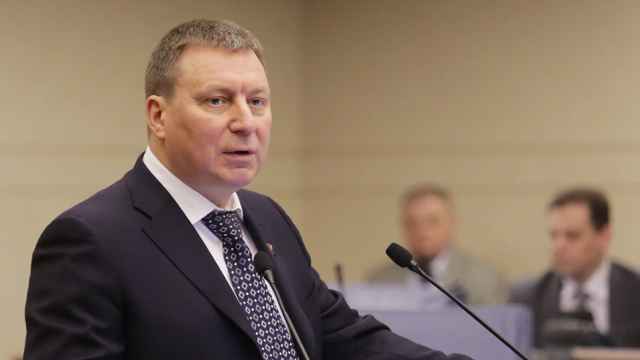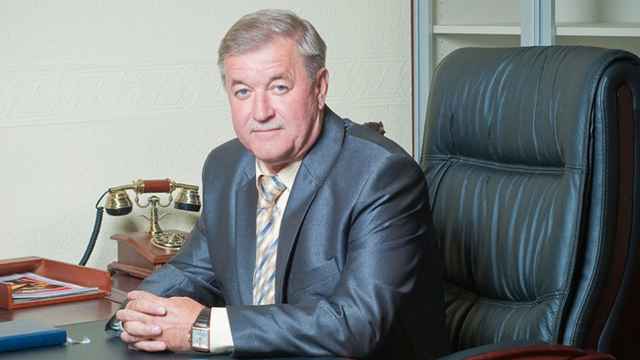Russia’s Prosecutor General Yury Chaika gave his first detailed comments on the business owned by his eldest son, Artyom, and his younger son, Igor, in an interview last week.
“Don’t you think it’s a delicate situation when a father — meaning you — serves on a high government post and his children have successful careers in business?” a TASS reporter asked.
Chaika responded jokingly: “Why should that bother me? My sons have achieved everything through their own efforts unaided. They are smart guys with brains. I didn’t give them a hand up anywhere. Both the elder and the younger established their own business, from scratch!”
Of course, sons do not answer for their fathers, or fathers for their sons. But in democratic societies, if the slightest suspicion of a conflict of interest arises between a government official and his relatives, it will rise questions that neither the media nor the officials can ignore – that is, if he values his reputation.
Sometimes the allegations can get out of hand. Former German President Christian Wulff, for example, was compelled to step down following a scandal in which his wife had taken a home loan of 500,000 euros from the millionaire Egon Geerkens not at the market rate of 4.6 percent per annum, but at 4.0 percent. A spouse’s attempt to save 0.6 percent on a home loan forced a senior government official from office. Ridiculous!
Allegations over conflicts of interest don’t arise in Russian society because the tradition of having a public reputation almost doesn’t exist here. Of course, the term “conflict of interest” exists, but it only has meaning on a purely individual basis.

There is no reason to doubt that Chaika’s sons are “smart guys.” Could someone with no brains take part in the privatization of major manufacturing companies like First Rock and Aggregates Company (PNK) – one of the largest suppliers of crushed stone for Russian Railways? Could they have helped privatize the Tyretsky Salt Mines that reportedly controls 35 percent of the Siberian market for edible salt or win a 40-billion-ruble contract for hauling garbage?
Of course, the elder Chaika was a bit over excited when he said that his sons had started their businesses from scratch. All of those companies, with the possible exception of the garbage service, already existed and were doing just fine before either of his sons came along.
According to company reports, PNK earned annual profits of between 12.4 million rubles and 13.8 million rubles over 2012-2014. That was even before the younger Chaikas snatched up a controlling stake. (Perhaps Yury Chaika, as Prosecutor General, had access to classified information when he claimed: “Artyom purchased the unprofitable PNK from Russian Railways in 2014…and in a short time made it profitable.”)
I am in complete agreement with the Prosecutor General on one point – that his boys created their own business. And what a business it is, with revenues in the billions of rubles and a significant presence on several different markets.
This is no youthful foray such as an illegal protection racket for a Moscow region casino or the illegal seizure of shipping companies. This is the big leagues – for big boys. So what about their dad? What difference does it make where their father happens to work?
A Message from The Moscow Times:
Dear readers,
We are facing unprecedented challenges. Russia's Prosecutor General's Office has designated The Moscow Times as an "undesirable" organization, criminalizing our work and putting our staff at risk of prosecution. This follows our earlier unjust labeling as a "foreign agent."
These actions are direct attempts to silence independent journalism in Russia. The authorities claim our work "discredits the decisions of the Russian leadership." We see things differently: we strive to provide accurate, unbiased reporting on Russia.
We, the journalists of The Moscow Times, refuse to be silenced. But to continue our work, we need your help.
Your support, no matter how small, makes a world of difference. If you can, please support us monthly starting from just $2. It's quick to set up, and every contribution makes a significant impact.
By supporting The Moscow Times, you're defending open, independent journalism in the face of repression. Thank you for standing with us.
Remind me later.






